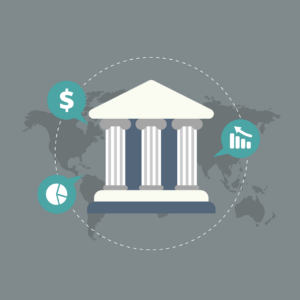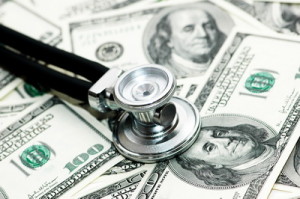 This week’s top story: Smart Money podcast on CDs and managing a life-changing windfall. In other news: How to minimize the impact to your business from a bank failure, how Silicon Valley Bank failed, and the hurdles on the road to Medicare coverage of cannabis.
This week’s top story: Smart Money podcast on CDs and managing a life-changing windfall. In other news: How to minimize the impact to your business from a bank failure, how Silicon Valley Bank failed, and the hurdles on the road to Medicare coverage of cannabis.
Smart Money Podcast: Are CDs Worth It, and Managing a Life-Changing Windfall
This week’s episode starts with a discussion about certificates of deposit, or CDs.
Spooked by Bank Failures? Minimize the Impact to Your Business
Keep an emergency fund at a separate business bank to help insulate your company from a bank failure.
How Silicon Valley Bank Failed (and Why That Probably Won’t Happen to Your Bank)
Silicon Valley Bank failed after a series of events that aren’t likely to happen at your bank.
When Will Medicare Cover Medical Marijuana?
From regulatory to more practical issues, here are the hurdles on the road to Medicare coverage of cannabis.
 Today’s top story: Calibrate your emergency fund to a crisis-prone world. Also in the news: How to give stock as a gift, what you need to know about Joe Biden’s student loan plan, and the pros and cons of Buy Now, Pay Later retail loans.
Today’s top story: Calibrate your emergency fund to a crisis-prone world. Also in the news: How to give stock as a gift, what you need to know about Joe Biden’s student loan plan, and the pros and cons of Buy Now, Pay Later retail loans. Today’s top story: Should seniors consider a reverse mortgage now? Also in the news: Make the most of these store cards during a crisis, financial experts say a recession could be looming, and why you should think of your HSA as an extension of your emergency fund.
Today’s top story: Should seniors consider a reverse mortgage now? Also in the news: Make the most of these store cards during a crisis, financial experts say a recession could be looming, and why you should think of your HSA as an extension of your emergency fund.